Update from the Field: Unprotected Roots
Posted on July 10, 2020

As I travel around the Midwest this cropping season, I’m seeing more conventional corn acres planted. This can be attributed to several reasons: 1) Growers are cutting back on seed expenses and do not want to pay extra for the BT and/or the herbicide-tolerant traits; 2) Growers do not believe we have a rootworm problem anymore; or 3) Growers are receiving higher premiums for conventional corn bushels. Regardless of why some growers planted conventional corn acres, it is important now to protect the corn plant and its roots from harmful insects.
The growth cycle of all insects is governed by growing degree days (GDD). Growing degree days is a calculation of an accumulation of soil temperature above 52 degrees Fahrenheit. The colder weather in May set back growing degree day accumulation by around 100 days according to the climatological average for the Midwest, Figures 1 and 2. Within the next week, root feeding by rootworms should start being seen. A good way to tell when rootworms start to feed is by the presence of lightning bugs. Lightning bugs require the same GDDs to hatch as rootworms. According to Iowa State University, a recent meta-analysis showed a 15% yield loss for every corn root node pruned back to 1/5 inches. When roots of the corn plant get “pruned” back, the plant loses the ability to “weatherproof” itself from dry weather often experienced in August. The plant can be more susceptible to high winds if it does not have a good root system to anchor it in the ground.
Figure 1 & 2: Expect 50% corn rootworm egg hatch between 684-767 degree days. https://crops.extension.iastate.edu/cropnews/2020/06/corn-rootworm-egg-hatch-getting-late-start-iowa
The yield reduction risk to the corn plant does not stop at the root zone. Once the rootworm larvae pupate and develop into beetles they begin to feed on silks. Silk feeding can be a real threat to the yield of the plant. Every silk that develops on the ear is connected to an unfertilized kernel or ovulate. Insects, like rootworm, Japanese beetles, and June beetles, can eat the silks, preventing the male genetic material of the pollen grain from successfully fertilizing the attached ovule. Silks have to be at least ½ inch long to accept the pollen. Beetle clipping can interfere with silk receptivity and cause failed or incomplete kernel set.
Once the tassels have emerged, the corn plant has achieved the VT growth stage. This stage is the perfect time to apply crop protection products. The VT corn stage is when a fungicide and late-season crop nutrition products should be applied. If a field is planted with a conventional corn hybrid, an insecticide should be applied at this time as well. The application of an insecticide will prevent insect feedings on the silks. When applying fungicide, also add 1-2gal of Over Pass ® CF to the tank.
Over Pass CF will provide the crop with boron during the critical reproductive stage. Over Pass CF also contains slow-release nitrogen to meet nutrient needs to fill the ear. The slow-release nitrogen is safe for foliage and will not burn leaf tissue.
In conclusion, it is important to be vigilant in protecting yield all season long. Right now, be thinking about fungus and insects attacking the corn crop and how you can put a shield around your crop. While building your shield, you have an opportunity to provide important late-season nutrients that can increase yield.
FOR MORE INFORMATION:
Please complete the form, and we’ll get you in touch with your Territory Manager from The Andersons.

Dave Dyson is a regional agronomist for The Andersons’ Farm Centers which are located throughout Ohio, Michigan, and Indiana. He is an Indiana native and grew up on a dairy farm in Miami County. A graduate of Purdue University with a degree in Crop & Soil Science, Dave has a deep knowledge of various agronomic topics and is committed to helping growers improve their crops. If you have any questions, Dave can be reached at david_dyson@andersonsinc.com.
© 2020 The Andersons, Inc. All Rights Reserved. Over Pass is a registered trademark of The Andersons, Inc.




